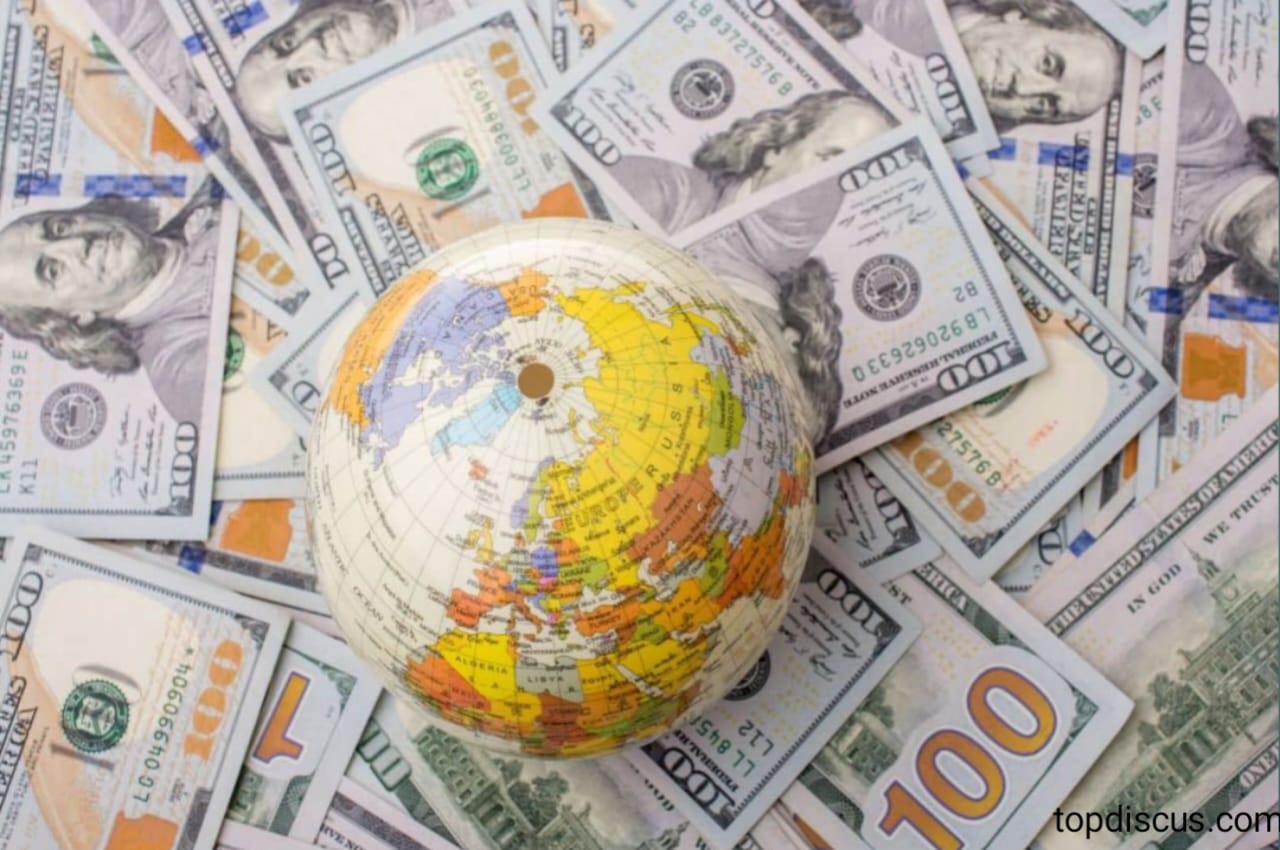Welcome to the exciting world of currencies, where values fluctuate like waves on a restless ocean. Currencies are vital in our global economy, acting as the lifeblood that fuels international trade and investment. Have you ever wondered which currencies reign supreme in this complex financial arena?
Today, we will journey through the top 5 currencies in the world, exploring their influence and why they hold such immense value. So fasten your seatbelts and prepare for an enlightening ride into the realm of money!
Factors Affecting Currency Value:
Currency values constantly fluctuate in the global market, influenced by various factors. Understanding these factors can help investors make informed decisions and navigate the complexities of currency trading.
One key factor that affects currency value is interest rates set by central banks. Conversely, lower interest rates may discourage investment and weaken the currency.
Economic indicators also play a significant role. Strong economic growth, low inflation, and stable government policies create a strong currency. On the other hand, political instability or economic uncertainty can lead to a decline in currency value.
Trade balances are another crucial factor to consider. Countries with trade surpluses tend to have stronger currencies as they export more than they import. In contrast, countries with trade deficits may experience currency depreciation due to high imports.
Market speculation and investor sentiment can also impact currency values. News events, geopolitical tensions, or social media trends can influence how investors perceive certain currencies and drive buying or selling behavior accordingly. Top 5 Currencies in the World.
Monetary policy decisions made by central banks can significantly affect exchange rates. Quantitative easing programs or changes in reserve requirements directly impact money supply, indirectly influencing exchange rates.
Top 5 Currencies in the World:
The global economy is driven by currencies, which play a crucial role in international trade and finance. The value of a currency is influenced by various factors such as interest rates, inflation, political stability, and market sentiment. This blog post will explore the top 5 currencies that hold significant importance today.
-
United States Dollar (USD)
-
Euro (EUR)
-
Japanese Yen (JPY)
-
British Pound (GBP)
-
Australian Dollar (AUD)
1. United States Dollar (USD):
 The United States Dollar (USD) is undoubtedly one of the world’s most potent and widely recognized currencies. With its strong influence on global finance, it plays a crucial role in international trade and investments.
The United States Dollar (USD) is undoubtedly one of the world’s most potent and widely recognized currencies. With its strong influence on global finance, it plays a crucial role in international trade and investments.
One of the main factors contributing to the dominance of the USD is the economic stability of the United States. As one of the largest economies globally, its fiscal policies significantly impact currency value. The country’s robust GDP growth, low unemployment rate, and stable inflation make it an attractive choice for investors.
Moreover, another critical advantage of holding USD is its status as a reserve currency. Many central banks worldwide hold US dollars as part of their foreign exchange reserves due to their liquidity and relative safety. This demand for USD further strengthens its position in global markets.
The USD has proven resilient despite periodic fluctuations, such as during economic uncertainty or geopolitical tensions. Its widespread acceptance makes it highly accessible for travelers and businesses across different countries.
In addition to these factors, technological advancements in online banking and digital payments have made transactions involving USD quick and convenient worldwide.
With its stability, wide acceptance, and dominant position in global finance,
the United States Dollar remains a top contender among world currencies.
Its strength can provide numerous benefits for those who choose to invest or engage
in financial activities involving this formidable currency.Top 5 Currencies in the World.
2. Euro (EUR):
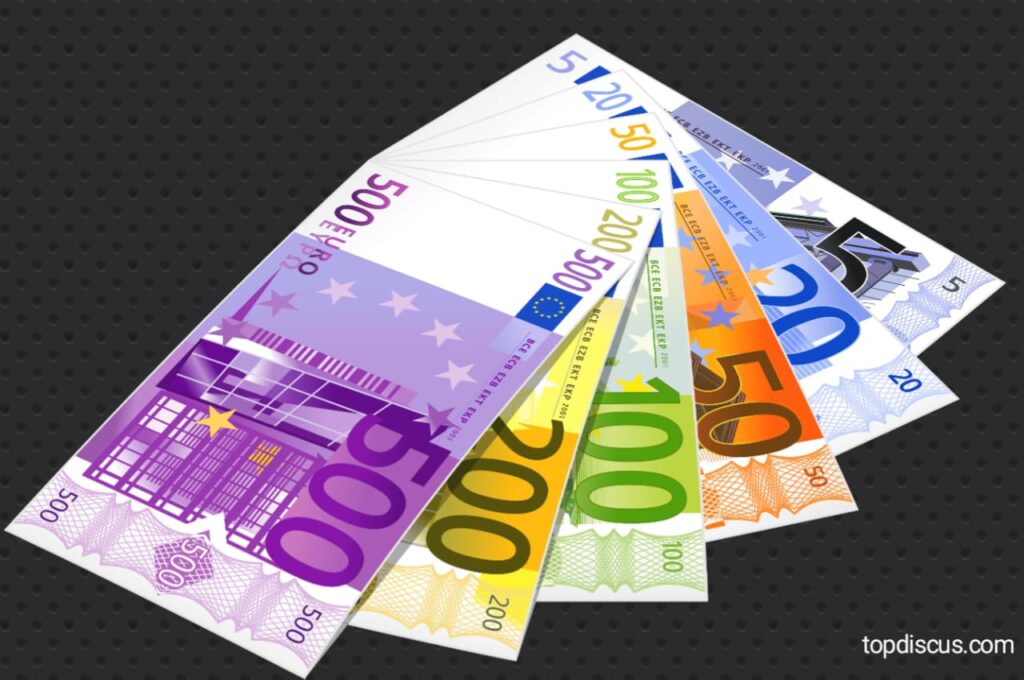 The Euro (EUR) is one of the top 5 currencies in the world, and it holds a significant position in global trade and finance. The currency serves as the official tender for 19 out of the 27 member states of the European Union. As an essential player in international markets, the Euro plays a crucial role in foreign exchange transactions.
The Euro (EUR) is one of the top 5 currencies in the world, and it holds a significant position in global trade and finance. The currency serves as the official tender for 19 out of the 27 member states of the European Union. As an essential player in international markets, the Euro plays a crucial role in foreign exchange transactions.
Several factors contribute to the value of the Euro. One major factor is economic stability within Europe. When there is confidence in Europe’s economy, investors tend to flock towards Euros, increasing its value. The European Central Bank’s political stability and monetary policy decisions also impact its value.
The Euro has many advantages when it comes to investing or trading. It offers liquidity due to its widespread use and acceptance worldwide. Buying or selling Euros can be quickly done without causing significant price fluctuations.
Moreover, being part of such a large economic bloc provides opportunities for diversification across various markets within Europe. Investors can take advantage of potential growth prospects offered by different countries using a single currency.
Furthermore, trading with Euros allows businesses to eliminate exchange rate risks when conducting cross-border transactions within eurozone countries. With its stable value and global acceptance, investing or trading in Euros can benefit individuals and businesses. Top 5 Currencies in the World.
3. Japanese Yen (JPY):
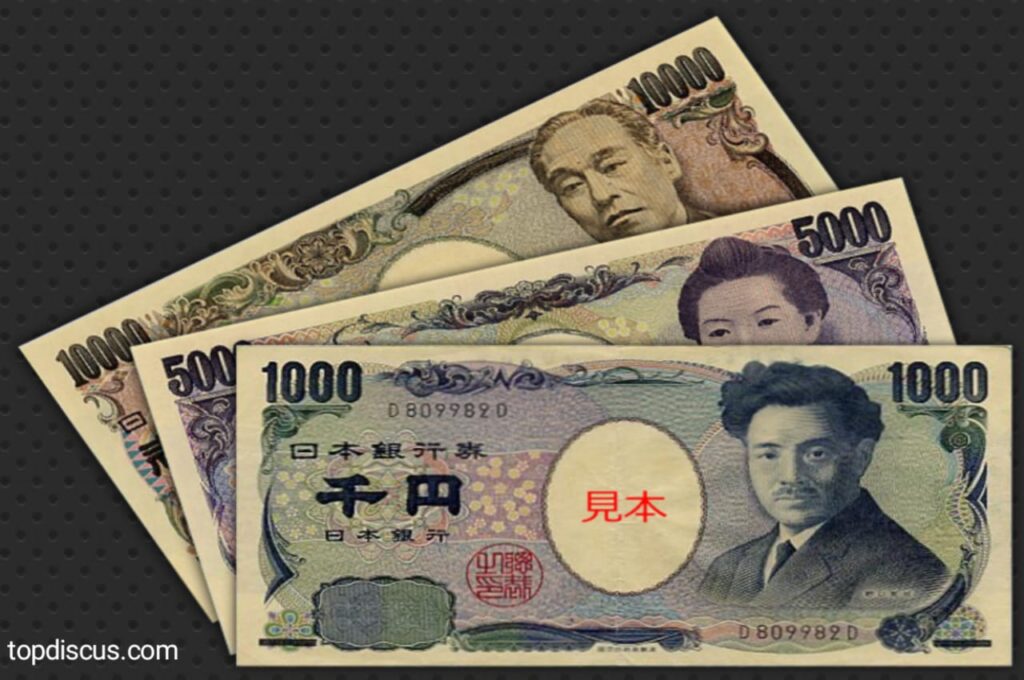 The Japanese yen, symbolized by JPY, is one of the top currencies in the world. Japan’s robust economy and position as a leading global exporter contribute to the strength of its currency.
The Japanese yen, symbolized by JPY, is one of the top currencies in the world. Japan’s robust economy and position as a leading global exporter contribute to the strength of its currency.
One key factor behind the stability of the Japanese yen is the country’s commitment to maintaining low inflation rates. The Bank of Japan diligently manages monetary policy to ensure price stability and keep inflation in check.
Another reason investors are drawn towards the Japanese yen is because it serves as a haven during economic uncertainty. In market turbulence or geopolitical tensions, traders often flock to this currency for its perceived reliability and liquidity.
Moreover, Japan has a well-established reputation for technological innovation and manufacturing prowess. This industrial solid base supports steady export growth, resulting in increased demand for yen from international buyers.
Additionally, Japan’s political stability further bolsters confidence in its currency. With a stable government and practical regulatory framework, investors believe in holding assets denominated in yen.
With its stable economy, low inflation rates, safe-haven appeal, and robust manufacturing sector, the Japanese yen is an attractive choice for domestic and international investors.
4. British Pound (GBP):
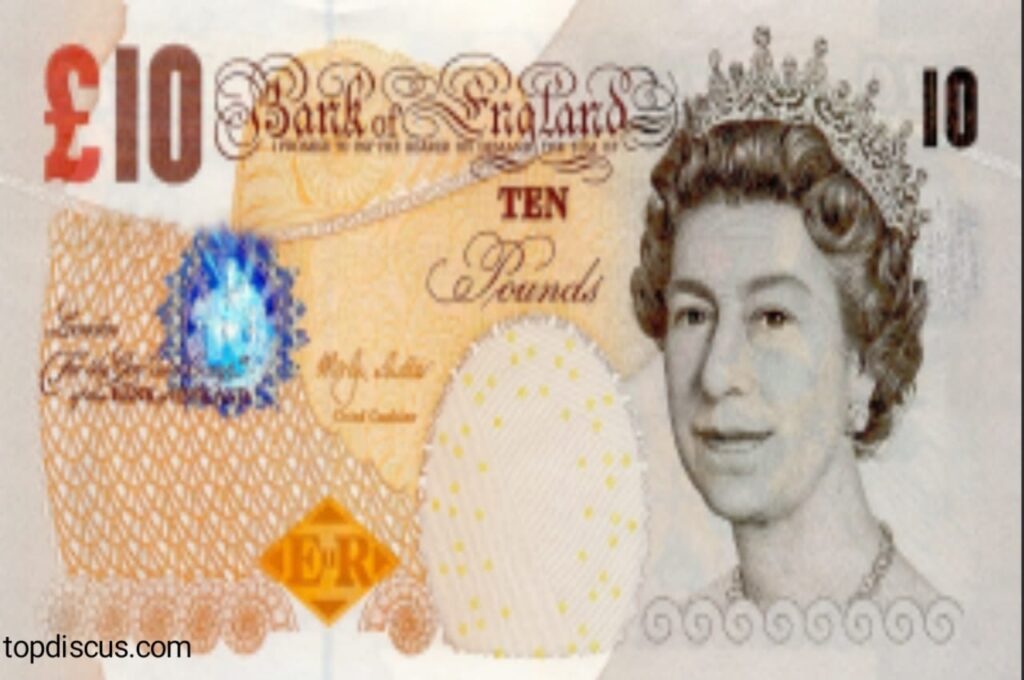 The British Pound, also known as the GBP, is one of the most widely traded currencies in the world. It holds a significant position in global financial markets and has a long history from medieval times.
The British Pound, also known as the GBP, is one of the most widely traded currencies in the world. It holds a significant position in global financial markets and has a long history from medieval times.
The value of the British Pound is influenced by various factors such as economic growth, interest rates, inflation levels, and political stability. As one of the major reserve currencies, it plays a crucial role in international trade and investment.
With its strong economy and stable government, the UK attracts investors from around the globe who see potential in holding pounds. The pound sterling’s status as a safe-haven currency adds to its appeal during uncertain times.
Being an investor-friendly currency, many individuals invest in GBP for diversification purposes or as part of their forex trading strategies. Its liquidity ensures ease of trading across different time zones.
Moreover, London’s position as a leading global financial hub further enhances the strength and prestige of holding British Pounds.
5. Australian Dollar (AUD):
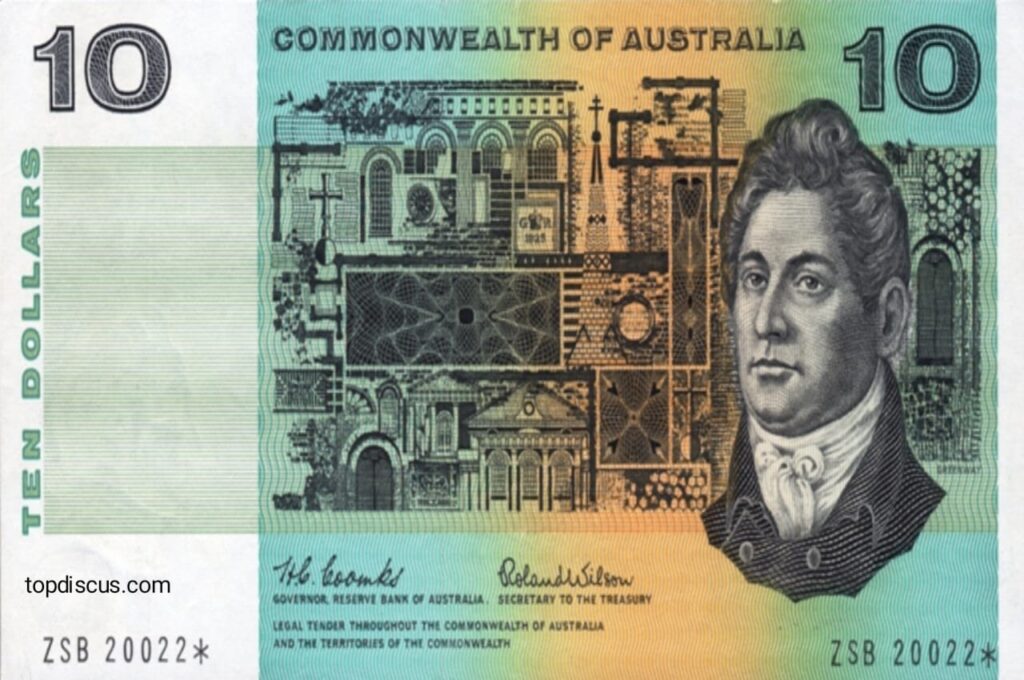 The Australian dollar, denoted by the currency code AUD, is one of the top currencies in the world. It holds a strong position in international trade and investment due to various factors.
The Australian dollar, denoted by the currency code AUD, is one of the top currencies in the world. It holds a strong position in international trade and investment due to various factors.
Australia’s stable economy plays a crucial role in boosting the value of its currency. The country has experienced consistent economic growth over the years, attracting investors from around the globe. This stability makes the Australian dollar attractive for those looking to diversify their portfolios.
Another factor contributing to the strength of the AUD is Australia’s prosperous natural resources sector. The country is known for its abundant minerals, such as iron ore and gold, making it a major global exporter. As demand for these resources increases, so does demand for Australian dollars.
Furthermore, Australia’s geographical location also supports the value of its currency. Its proximity to fast-growing economies like China provides ample opportunities for trade and investment between these nations. This further enhances market confidence in the AUD.
Australia’s sound monetary policy and prudent financial regulations help maintain stability within its financial system – another reason investors trust this currency.
Australian dollars can offer numerous benefits due to its robust economy and abundant natural resources. However, it is essential to remember that currencies fluctuate based on various factors, such as economic indicators and geopolitical events. Click Here to Visit our Home page.
Benefits of Investing in these Currencies:
1. United States Dollar: The USD is the most widely used currency globally, making it highly liquid and easily tradable. This means that investors can buy and sell USD without hassle. Additionally, the US economy is one of the largest and most stable economies globally, which adds to the appeal of investing in this currency.
2. Euro (EUR): The EUR is another primary currency that offers excellent investment potential. As the official currency of 19 European countries, it provides diversification benefits for investors looking to spread their risk across multiple economies. Furthermore, with a strong presence in international trade and finance, the EUR remains an attractive choice for investors seeking stability and growth.
3. Japanese Yen (JPY): The JPY is known for its safe-haven status during economic uncertainty or market volatility. Many investors turn to JPY as a hedge against risks due to its historically low-interest rates and Japan’s reputation as a reliable creditor nation.
4. British Pound (GBP): Despite recent uncertainties surrounding Brexit, GBP remains an essential global currency with significant investment opportunities. The UK has a well-developed financial market and plays a crucial role in international trade and finance sectors like banking services, insurance, and asset management.
5. Australian Dollar (AUD): Known for its high interest rates compared to other major currencies, AUD attracts many investors looking for yield-generating investments or carry trading strategies where they borrow low-interest rate currencies to invest in higher-yielding ones like AUD. For more information, click here.
Conclusion:
These factors work together to shape the value of different currencies on the world stage.
By staying informed about these factors and analyzing their potential impact, investors can understand how different currencies may perform and make more strategic investment choices.
Navigating this dynamic landscape requires careful analysis, but understanding these key factors puts investors one step closer to making well-informed decisions in an ever-changing market. With many variables, traders and long-term investors must monitor these influential factors and adapt their strategies accordingly.
Remember: Stay informed about market trends and seek professional advice when investing in international currency!
